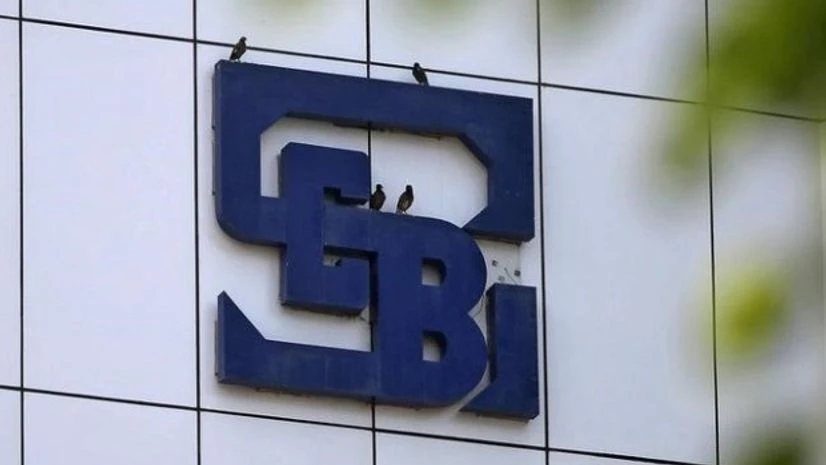Markets regulator Securities and Exchange Board of India (Sebi) on Monday issued a new framework for functioning of stock exchanges and clearing corporations that are setting up their operations in international financial services centres (IFSCs).
The Securities and Exchange Board of India (Sebi) said all categories of exchange-traded products currently available for trading in stock exchanges will be eligible for trading in bourses operating in IFSCs. However, this is subject to prior approval of the market watchdog.
Only non-agri commodity derivatives will be eligible for trading. Masala bonds, too, qualify, provided such bonds are listed.
These exchange-traded products and masala bonds should be compliant with IOSCO (International Organization of Securities Commissions) and FATF (Financial Action Task Force) norms.
Sebi, in March 2015, had issued a detailed set of guidelines for establishing IFSCs as part of its efforts for setting up financial hubs in the country. The first such centre has been set up in Gujarat's GIFT (Gujarat International Finance Tec) City.
Also Read
In a circular, Sebi said there would be a single market structure to achieve synergies in terms of various operations and facilitate ease of doing business.
The trading hours for all product categories will be decided by the exchanges based on cost-benefit analysis, but not exceeding 23 hours and 30 minutes in a day and settlement will be done at least twice a day.
The regulator has asked bourses and clearing corporations at IFSCs to ensure the risk management system and infrastructure are commensurate with the trading hours at all times. They will have to evolve a detailed framework for the applicable position limits for each product to be traded.
Prior to commencement of their operations, exchanges at IFSCs would have to tie up with clearing corporations for clearing and settlement of their trades. Clearing corporations desirous of providing services at IFSCs will have to evolve a robust risk management framework in line with IOSCO principles for financial market infrastructures.
Also, clearing corporations will have to comply with certain other norms, including margin framework. However, such corporations will have to require to conduct stress tests to ensure robustness of risk management framework.
Clearing corporations will be ring-fenced down to the lowest level and their functions will be limited only to clearing and settlement and risk management.
The capital of clearing corporations will not form part of net worth of their holding companies. Additionally, holding companies will not be allowed to extend any financial help to such clearing corporations if such entities become financially distressed.
Market participants can avail of arbitration, mediation and other dispute resolution mechanisms offered by International Arbitration Centre to resolve disputes.
"Clearing corporations at IFSCs shall establish and maintain a fund to guarantee the settlement of trades executed at the exchanges in IFSCs. To begin with, such fund shall have a corpus equivalent to at least 10 per cent of the net worth of the clearing corporation," Sebi said.

)
